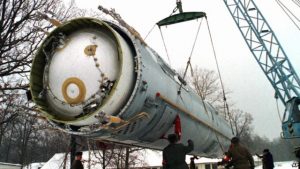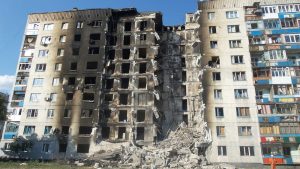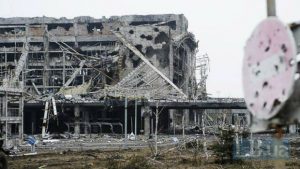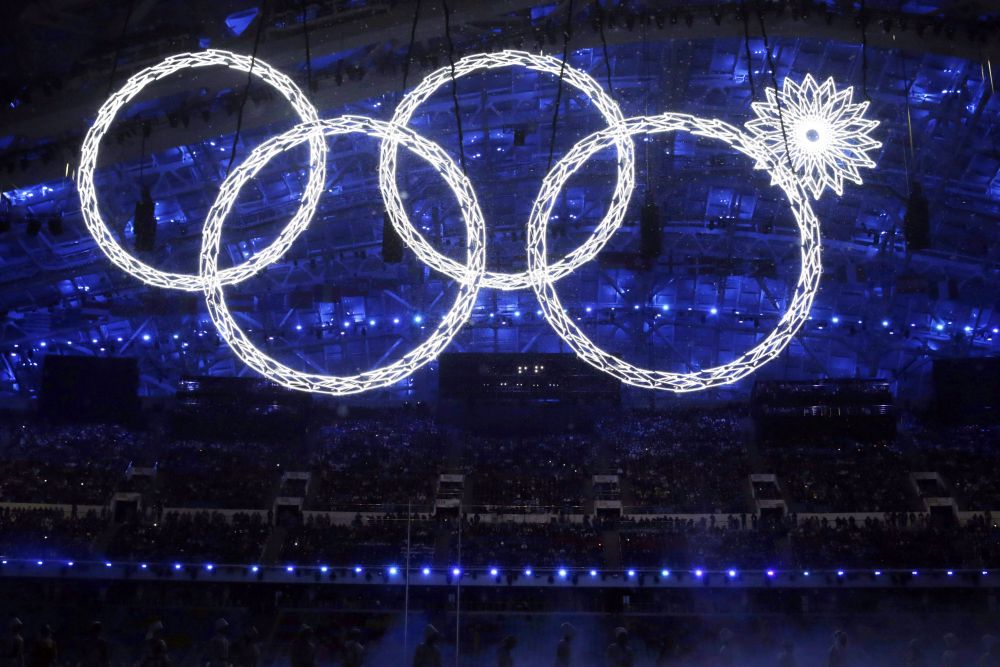The war in Ukraine is changing the nuclear balance in the world in three ways: it is leading Russia and the US to slow their cutbacks in the number of war heads, it is causing countries thinking about giving up their nuclear aspirations to revisit the situation, and it is allowing others with such weapons to build more under the world’s radar screen.
As a result, the overall reduction in the total number of nuclear warheads over the last year does not mean that the world is moving either toward a more secure or more nuclear-free state, according to the new yearbook of the Stockholm International Peace Research Institute ( summarized here).
At the start of 2015, SIPRI says, the nine nuclear powers in the world – the US, Russia, the UK, France, China, India, Pakistan, Israel and North Korea – had 15850 warheads, approximately 500 fewer than the year before. Most of that reduction came from drawdowns by the US and Russia, who between them have more than 93 percent of all such weapons.

But as a result of tensions over the war in Ukraine, “both sides have slowed the rate of reduction of their nuclear warheads” with Russia cutting its arsenal from 8,000 to 7500 last year, and the US reducing its from 7300 to 7260. While Russia’s cuts were less, German security expert Oliver Meier says, “Russia is again devoting great importance to nuclear weapons” – especially those it might use in Europe.
Russian leader Vladimir Putin has declared that he “does not exclude” the possibility of using nuclear weapons, and both Moscow and Washington have moved in directions that may change the location of their strategic and tactic nuclear arsenals, with Russia putting such weapons in Crimea and NATO shifting its in Europe.
A second way in which the Ukrainian crisis is affecting the nuclear balance in the world is the lesson Ukraine offers to countries pursuing or thinking about pursuing their own nuclear weapons programs. “In 1994,” Giorgio Francescini says in the SIPRI report, “Ukraine was the third largest nuclear power in the world. Then it gave up its arms to Moscow and look what that has led to.”

And the third impact of events in Ukraine on the nuclear balance is that international attention to that conflict has distracted attention from other parts of the world and allowed countries there to pursue nuclear programs that the major powers might otherwise have been able to block.

SIPRI points to the growth in the number of nuclear warheads among the three Asian powers: China, India, and Pakistan. While there has been a drawdown in nuclear weapons elsewhere over the last year, China has increased its arsenal from 250 to 260 warheads, leading India and Pakistan to increase their stocks of highly enriched uranium.




